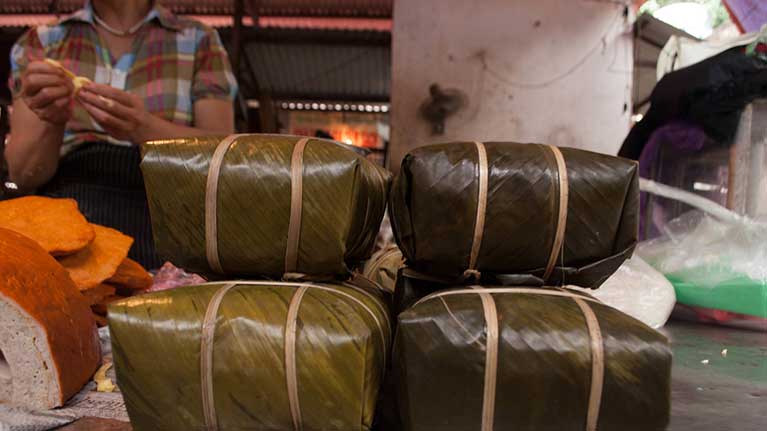
The human tragedy of the COVID-19 pandemic has brought an unexpected positive outcome.
With industries in lockdown for months and cars off the streets of our cities, we’ve witnessed dramatic falls in air pollution and greenhouse gas emissions across the planet.
Meanwhile, disruptions to global foods systems have breathed new life into urban farming. In cities such as Bangkok and Paris lockdowns measures have pushed more city dwellers to grow fruit and vegetables in their homes. Singapore, which currently imports more than 90 per cent of its food, aims to produce 30 per cent of its nutritional needs locally by 2030, and has encouraged communities and social enterprises to engage in urban farming.

In several African countries social entrepreneurs, universities and individuals have developed eco-friendly and cost-effective products as part of the fight against the virus. For example, several prototypes of touch-less hand washing systems have been produced using recycled and/or reused materials generated by carpenters and welders. In addition, because of the tremendous growth in e-commerce and home delivery during the pandemic, leading packaging companies are researching the development of environmentally sustainable packaging.

The northern Italian city of Milan – one of Europe’s most polluted cities and especially hard hit by the virus – is to transform 35km of streets into an experimental, citywide, network of cycling and walking spaces, to protect residents as COVID-19 restrictions are lifted.
The pandemic also prompted a number of companies to protect themselves from future shocks by integrating environmental and disaster risk management into their business planning and investing in sustainable supply chains.
However, as lockdowns ease across the world, we are already seeing pollution levels and greenhouse gas emissions rise, as countries attempt to go back to ‘business as usual’.
So, while the pandemic has shown the possibilities of making dramatic, positive changes to our environment in a short space of time, it has also exposed how easily the planet can sink back onto its previous destructive path.
Prior to the pandemic, ILO studies showed that if patterns of global warming remained unchanged, by 2030 labour productivity equivalent to 80 million full time jobs could be lost because of heat stress.
In addition, changes in the natural environment due to climate change are likely to have a negative impact on an estimated 1.2 billion jobs (or 40 per cent of the global labour force) that are linked to ecosystems and the services they provide – including regulation of water systems, fertile soils or standing forests.
For all these reasons, leaders from government, industry, trade unions and civil society are calling for a post COVID-19 recovery that is not a return to business-as-usual. Rather, we need coherent and integrated responses so that we rebuild economies and societies that are more resilient to future shocks, and that are more sustainable and less damaging to human health, ecosystems and ultimately, jobs and incomes.
Through social dialogue, governments, workers’ and employers’ organizations have an important opportunity to forge a strong consensus and create broad-based support for a sustainable recovery that promotes employment creation, resilient enterprises and workplaces, and environmental sustainability.
The innovations in green and circular economies, and the positive changes we’ve seen in business and workplace practices, public policy and consumer attitudes during this crisis have shown that a sustainable post COVID-19 recovery is not mission impossible.
Joint press release: Global institutions unite for a green and fair COVID recovery
